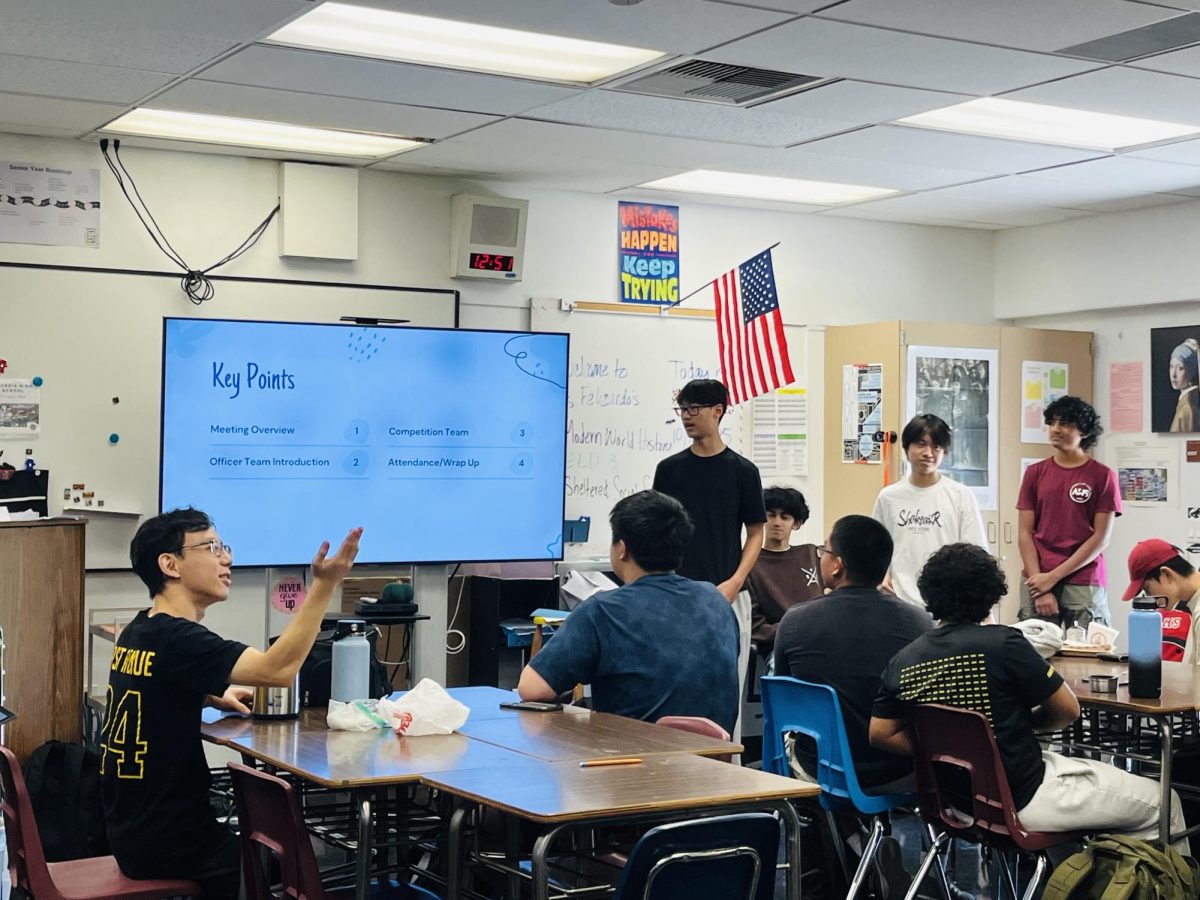Starting with the class of 2030, students are required to pass a semester-long ethnic studies class in order to graduate. On Mar. 18, 2021, Governor Gavin Newsom enacted a law written by Assemblymember Jose Medina that requires high schools to offer ethnic studies courses by 2025.
If you don’t know what they are, ethnic studies courses are focused on studying the histories, experiences, cultures, and issues of various ethnic groups. The course will be focusing on four ethnic groups, African Americans, Latinx Americans, Asian Americans, and Native Americans as well as some lesson plans on Sikh, Jewish, Arab, and Armenian Americans.
To fulfill the ethnic studies requirements, students must complete one of the following: a new course of ethnic studies, a preexisting ethnic studies course, an ethnic studies course that is taught within a course that meets A–G requirements of the University of California and California State University, or a locally made course approved by the board of education.
Here, at Arcadia High School (AHS), many teachers have started preparing for these courses, researching different options for possible ethnic studies classes and surveying how the students would feel about them. Last school year, the first ethnic studies class was introduced, Asian Studies. Asian Studies is a class dedicated to the history of Asian American Pacific Islander (AAPI) communities, pop culture, etc.
“Preparations for ethnic studies classes started in 2020 during the Black Lives Matter (BLM) protests, which caused a sense of urgency in marginalized populations,” said Mr. Gerry Wang, who teaches Asian studies, AP U.S History, and AP Human Geography. “People didn’t understand, didn’t know why these groups were protesting or how they felt. All they saw were people protesting for a reason unknown to them. And so ethnic studies was initiated by the state to become more aware of the marginalized groups, to help raise awareness so students would be able to know more about how these groups felt.”
The Social Studies department and the English department are currently working together on making four classes in total.
In the Social Studies department, Mr. Wang says that they are working on developing “Apache studies, to learn the people our school is based off of.” He added, “We’re going to start having an ethnic studies class for one semester, covering African Americans, Asian Americas, Latinx Americans, and Native Americans, hopefully by next year. We will also have an integrated class of U.S. History and ethnic studies, called American Studies with an honors and regular class.”
Another teacher who has been prepping for ethnic studies courses is Ms. Ashley Novak, an English teacher and Speech & Debate coach. She is working on developing a course for senior English students called Ethnic Literature.
Ms. Novak is preparing for this class by “going to conferences, gathering information and course outlines from a variety of people, reading tons of books and short stories written by people of color, and developing a curriculum.”
When asked about the requirement, Mrs. Novak stated, “I love the requirement! I’ve been really enjoying reading all of the potential material for the course. So empowering. Kids have been longing to read about people who look like them or have a similar cultural experience for years, and I am thrilled to provide that opportunity.”
Not only teachers, but students are also excited for the incoming ethnic studies classes.
One of which is junior Celine Liao, who thinks that “the ethnic studies requirement can be really good for people who don’t enjoy typical history but still want to get exposed to social studies,” she said. “I, for one, would like to take the Apaches ethnic studies class, I think it would be a great opportunity to learn more about the Apaches.”
Both Mr. Wang and Ms. Novak view the new requirement as a way to benefit students. Based on student surveys sent out by Ms. Moore and Ms. Purcey to find what ethnic studies classes students would be interested in, many students want to learn more about people who have had similar cultural experiences and about other ethnic groups. They have the opportunity to become active citizens, and to become more aware of ethnic issues. Overall, the new implementation of the ethnic studies course will hopefully transform the culture of AHS, to become better and more aware of the issues at hand.







